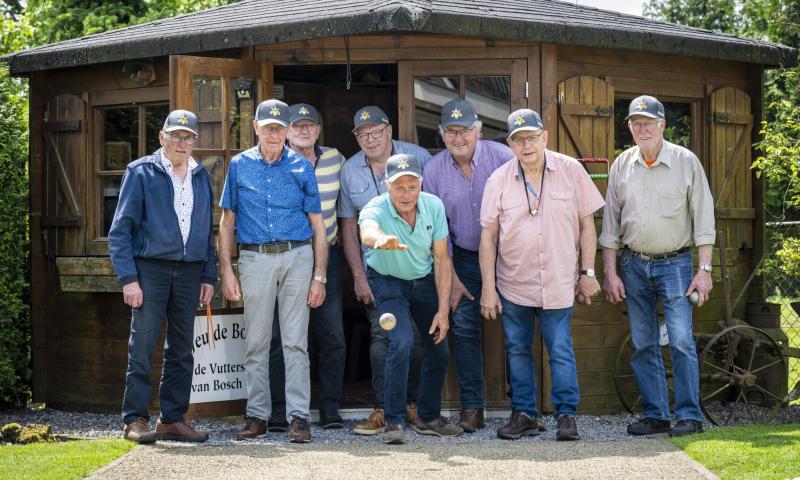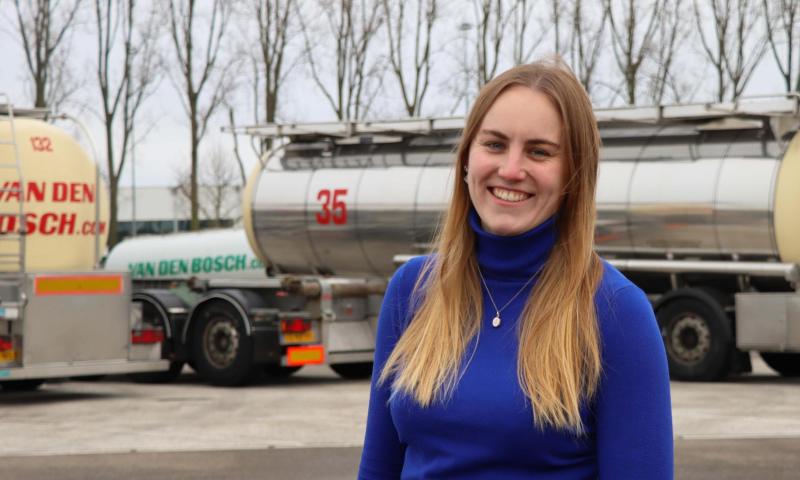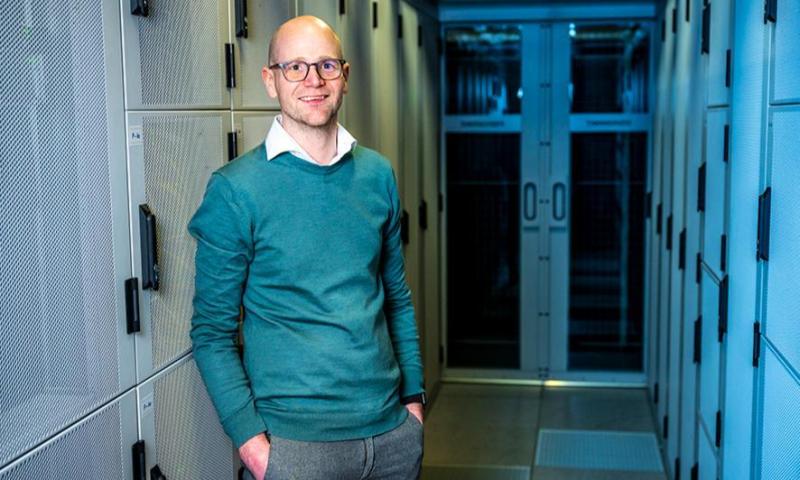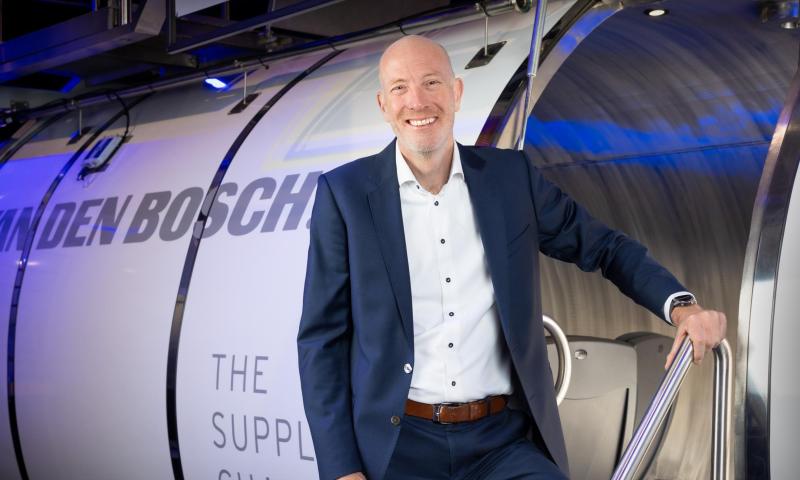Sustainability at the core of the supply chain
Customer case: Refresco
Sustainable, Brexit-proof and cost-neutral. This was the starting point for transforming Refresco’s supply chain. Together with Van den Bosch, the world’s largest independent bottler of beverages developed an intermodal solution for refrigerated transport of fresh juices. This ‘modal shift’ proved not only efficient but also halved CO2 emissions.
“Refresco was looking for a solution for the bulk transport of fresh juices from Eastern Europe to the UK”, says Paul van de Vorle, Manager Business Development at Van den Bosch. “In recent years, their demand for fresh juices has grown and the increase has resulted in various supply chain challenges. We were asked to create a suitable solution.”
Temperature-controlled transport
“Fresh juices shouldn’t stay in a tank container for too long because that could affect the quality of the product”, explains Van de Vorle. Together with Refresco, we developed an intermodal solution for temperature-controlled transport. The juices are shipped from Poland to the UK in refrigerated tank containers. “We use a combination of modalities: transport by road, rail and short sea. Thanks to our highly insulated equipment, the temperature never exceeds the agreed limit. This keeps the product quality optimal throughout the total transit time.”





-crop-800x480.jpg)


